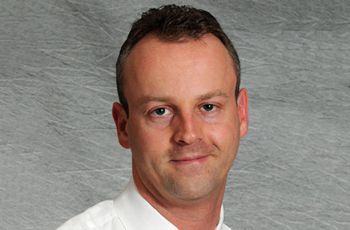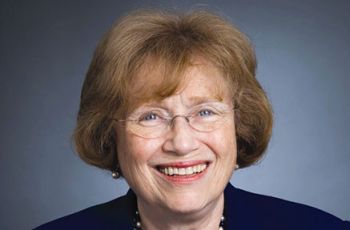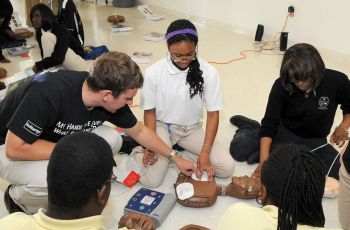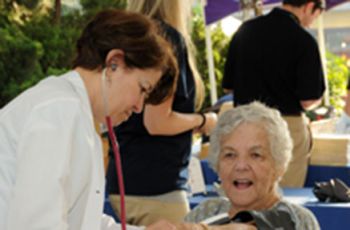News Archive
After a bagpipe procession set the tone for the George Washington University School of Medicine and Health Sciences (SMHS) M.D. diploma ceremony May 20, Jeffrey Akman, M.D., interim vice president for health affairs and dean of SMHS, warmly welcomed the class of 2012.
On May 18, the GW Doctor of Physical Therapy program held its annual Commencement Awards Ceremony. The event serves as an occasion to recognize the great work of the students, and faculty and their dedication to the Doctor of Physical Therapy Program, to GW, and to the community.
The M.D. Class of 2012 was decked out in formal attire and headed to the Ritz Carlton to attend the 2012 Class Gala, on Friday evening.
GW Professor, Dr. Michael Irwig, author of a 2011 study published in the Journal of Sexual Medicine, titled, “Persistent Sexual Side Effects of Finasteride for Male Pattern Hair Loss,” is available to speak with media about the recent changes required by the FDA to include a warning about…
Carolyn Robinowitz, M.D.
Develop the right mentors, continue to learn, and be open and alert. These were words of advice given by Jonathan Himmelfarb, M.D. ’83, professor of Medicine and Joseph W. Eschbach Endowed Chair in Kidney Research at the University of Washington, the Alpha Chapter’s invited 2012 AOA Visiting…
GW Faculty member Esma A. Akin, M.D., and alumnus Roger S. Eng, Jr., M.D. '91, M.P.H. ‘92, have been inducted as Fellows in the American College of Radiology (ACR).
WASHINGTON (May 14, 2012) – This week, several members of the GW School of Medicine and Health Sciences (SMHS) community will participate in the Beyond Flexner: Social Mission in Medical Education conference, focusing on the role of the social mission in the future of U.S. medical education.
Two dozen 9th and 10th graders, dressed smartly in their school uniforms, gathered on the cafeteria floor. Each student kneeled in front of a Mini-Anne – an inflatable, portable mannequin – and used the palms of their hands to pump its chest to the beat of the 1970s Bee Gees song “Stayin’ Alive…
“I’m here for my test!” exclaimed Sammie Whiting-Ellis as she strode below the “Free Stroke Screening” banner that hung across the entrance to the Eye Street Mall outside of the Foggy Bottom Metro station.




